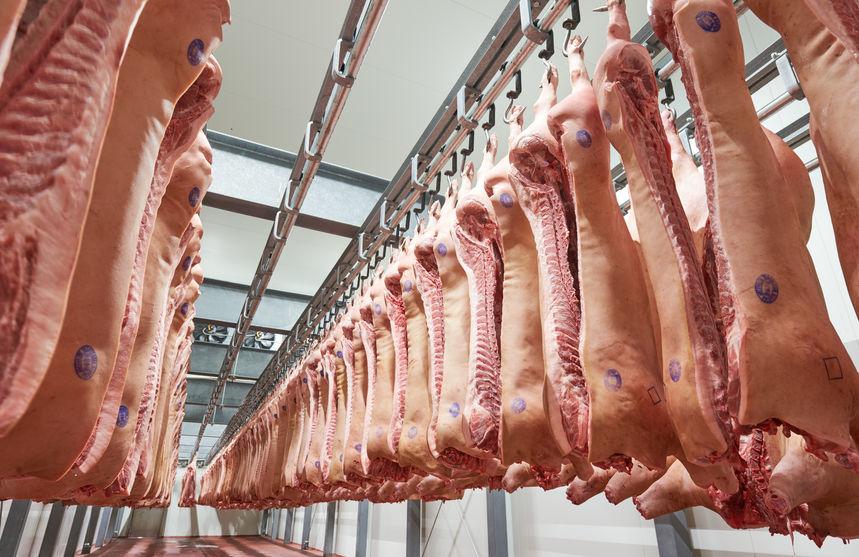
Small abattoirs across the UK run the risk of closing down, with the decline running against the growing public demand for local, traceable food.
Government action has been urged to save small abattoirs around the country from shutting down completely.
The comments were made by an expert panel at the Future of UK Farming Conference, organised by the Sustainable Food Trust.
Small abattoirs provide multiple public goods and are essential to the future of local, traceable meat production in the UK, according to the panel.
Yet as a recent report shows, without urgent action there will soon be no small abattoirs left in large parts of the country. A third of small abattoirs have closed in the last decade and more are continuing to go out of business.
It says this undermines the ability of farmers to diversify and sell meat locally, and can also dramatically increase costs for producer-retailers marketing their meat locally.
Excessive regulation
The panel, which included a farmer-retailer who has just built an on-farm abattoir, a small abattoir owner and butcher and an environmental health officer, discussed the reasons why the sector is challenged.
These included the high costs of waste disposal, excessive regulation, the low prices paid to small abattoirs for hides and skins, and the planning hurdles which face those seeking to establish new small abattoirs.
They also identified areas where small changes in legislation could make a big difference as well as what else needs to be done to address these problems.
Speaking at the same conference, Defra Secretary Michael Gove recognised the importance of sustainably produced, high quality British meat.
He highlighted the fact that “livestock farming contributes to the mixed farming methods that provide a specific set of environmental benefits.”
Professor Tim Morris of the Animal Health and Welfare Board for England chaired the session. He said: “We heard inspiring stories from new and existing small abattoir owners, but we need more of them.
“As such, industry should highlight their benefits, particularly for animal welfare and rural resilience, in their response to the agriculture policy consultation, but also highlight barriers from regulatory complexities and conflicts to the review of farm regulation.”
'Priority issue'
Sustainable Food Trust Policy Advisor, Bob Kennard said a new approach to the regulation of small abattoirs is urgently required.
“We don’t just need a new approach to agricultural policy we also need a new approach to the regulation of small abattoirs and we need action urgently, otherwise there will be no small abattoirs left in many regions,” Mr Kennard explained.
“Three more red meat abattoirs have already closed this year and at least another three are considering closure. There is an emerging consensus that this is a priority issue, but it must be approached systemically, we can’t just change little things. This is our last chance, we’ve got to make it sustainable and long term.”
The news follows Orkney Council's confirmation that the island's only abattoir will shut, which has prompted a farming union to seek solutions for the island's farmers.
